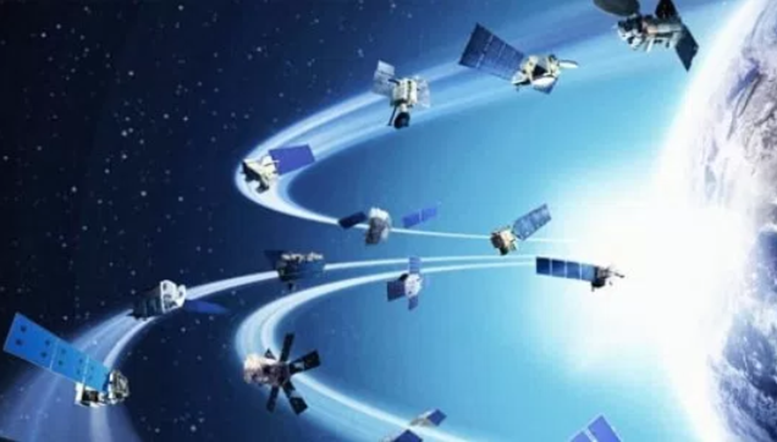SpaceX has received approval from the Federal Communications Commission for its ambitious plan to offer a global broadband service from space, using a network of 4,425 satellites which will orbit the Earth.
The project – named ‘Starlink’ – aims to provide broadband service to all, particularly in rural areas which do not receive the luxury of high-speed connection enjoyed in more populated communities. The approval is subject to SpaceX launching and operating half of its nearly four-and-a-half thousand satellites by March 29th, 2024. Not a particularly long time, especially by space-faring standards.
>> Elon Musk Ditches Facebook – No More Tesla and SpaceX FB Pages
Specifically, the FCC has granted approval for SpaceX to use frequencies in the Ka and Ku bands and at a certain altitude, according to Advanced Television. This is in order to protect other satellite operations and minimize interference.
For many, the FCC’s approval of Starlink comes as no surprise. FCC Chairman Ajit Pai has been openly supportive of the project since SpaceX first proposed it, saying in February that the technology would “help reach Americans who live in rural or hard-to-serve places”.
Back in February, the company launched two ‘demonstration’ satellites into orbit to test the operating principles of the Starlink system. At the time, Elon Musk tweeted that “If successful, Starlink constellation will serve least served,” in regards to broadband internet connection.
>> Tesla Crash: Investigators ‘Unhappy’ With Company
Speaking to TechCrunch, COO of SpaceX Gwynne Shotwell said of the FCC’s approval: “This is an important step toward SpaceX building a next-generation satellite network that can link the globe with reliable and affordable broadband service, especially reaching those who are not yet connected.”
Unbelievably, all this is just the start of the SpaceX broadband plan. The huge number of satellites approved this week form only part of SpaceX’s ultimate goal of 12,000. Understandably, this new rush of orbital activity is becoming a cause of concern, as FCC Commissioner Jessica Rosenworcel writes: “This rush to develop new space opportunities requires new rules … we need to prepare for the proliferation of satellites in our higher alititues. In short, we have work to do.”
In other news, SpaceX successfully delivered three tons of supplies to the International Space Station today. In true SpaceX fashion, the mission marks the reuse of the same Dragon capsule used in a 2016 resupply mission, as well as the reuse of the Falcon 9 booster which launched the capsule.
Featured image: Devicedaily











